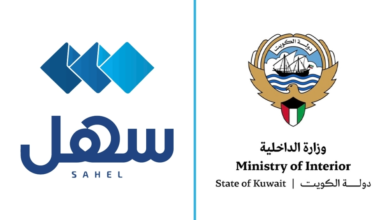Selective tax will not increase the cost of living

In anticipation of its scheduled date of March 19, 2024, agreed upon, the government has submitted a request to the National Assembly to expedite the ratification of the unified agreement for the selective tax, known as the “harmful goods tax” in the Gulf Cooperation Council countries, in preparation for approving the tax law justifying five reasons it deems appropriate to expedite the ratification.
The government stressed that the excise tax does not affect the cost of living for citizens, and is imposed on goods that are harmful to health, as for Kuwait it is limited to only 4 goods — tobacco and its derivatives, energy drinks, soft drinks and sweetened drinks.
Deputy Prime Minister, Minister of State for Cabinet Affairs, and Minister of State for National Assembly Affairs, Issa Al-Kandari, sent a letter to the Speaker of the National Assembly requesting urgency, which was included in the agenda for next Tuesday’s session, and included a comprehensive presentation of the justifications for urgency from Finance Minister Fahd Al-Jarallah, who confirmed that the ratification of the unified agreement does not mean the start of implementing the excise tax, as this will be followed by the submission of a draft law that includes defining the goods subject to the tax and the provisions for application, and it will be discussed in the National Assembly.
Al-Jarallah pointed to the challenges facing the Kuwaiti market due to the non-implementation of the excise tax, in light of neighboring countries beginning to impose it, and the negative phenomena and economic repercussions that followed, indicating that the agreement entered into force in all Gulf Cooperation Council countries except Kuwait.
He pointed out that the neighboring countries in the region imposed a selective tax on tobacco and its derivatives, which led to the spread of the phenomenon of smuggling these products from Kuwait to those countries, in addition to the companies that sell them in Kuwait raising their prices.
He explained the tax will increase income for the state in non-oil revenues, in addition to the fact that a portion of the proceeds of these revenues can be used to confront the damages resulting from the consumption of these goods.
He stressed that there is no link between the excise tax and the value-added tax, as the latter affects all goods and services that the citizen consumes, with some exceptions, which makes it require more time and effort to discuss and decide on it.
As for selectivity, it has a fundamental goal that distinguishes it from other taxes as it is it is imposed on goods that are harmful to health only for the purpose of reducing their consumption.












